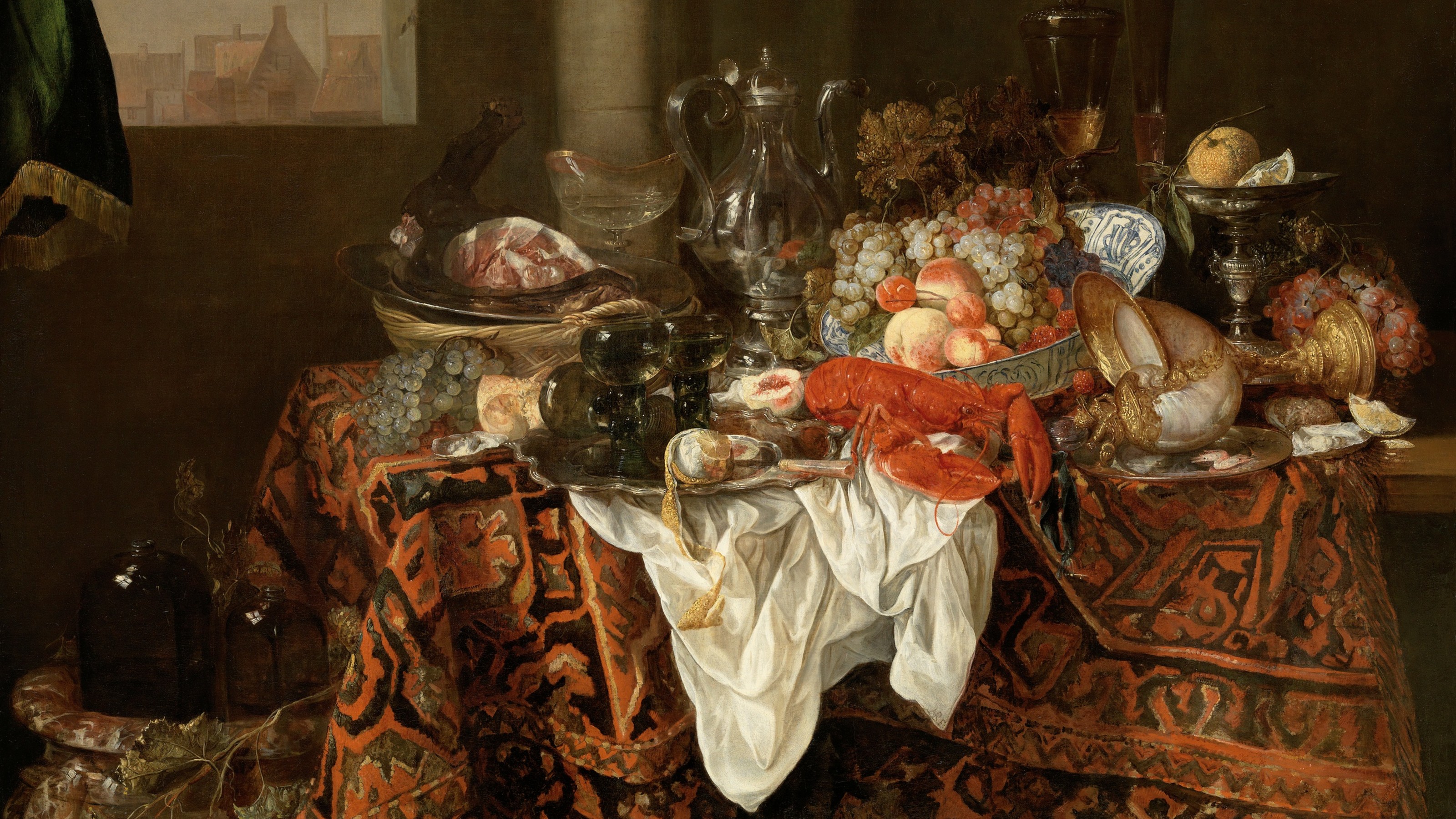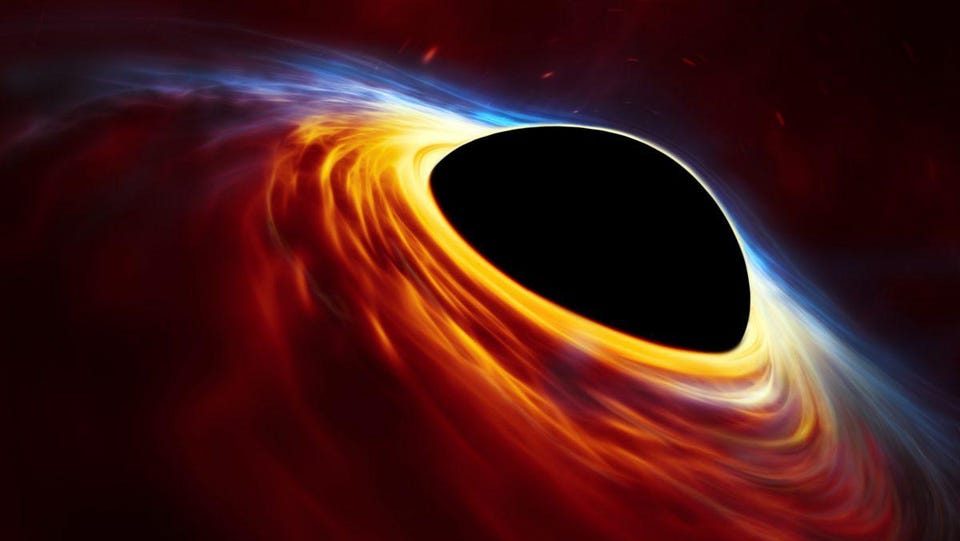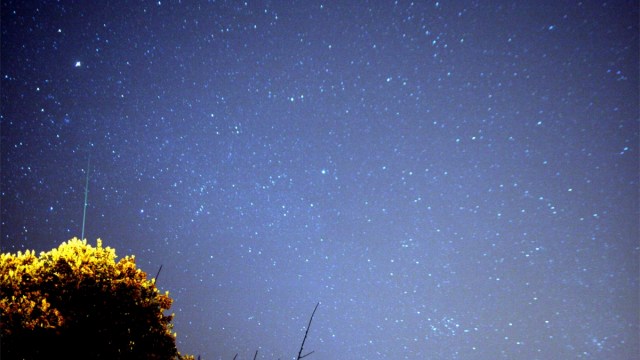Nobel Prize Winner Takes a Stand Against the ‘Tyranny’ of the Luxury Science Journals

Randy Schekman, the Nobel Prize-winning biologist at the University of California, Berkeley, has decided to boycott top journals that he says are damaging science. In an op-ed in The Guardian, Schekman, who was awarded the shared 2013 Nobel Prize for Physiology or Medicine, compares the incentives that journals such as Nature, Cell and Scienceoffer scientists to Wall Street’s bonus culture:
It is common, and encouraged by many journals, for research to be judged by the impact factor of the journal that publishes it. But as a journal’s score is an average, it says little about the quality of any individual piece of research. What is more, citation is sometimes, but not always, linked to quality. A paper can become highly cited because it is good science – or because it is eye-catching, provocative or wrong. Luxury-journal editors know this, so they accept papers that will make waves because they explore sexy subjects or make challenging claims. This influences the science that scientists do. It builds bubbles in fashionable fields where researchers can make the bold claims these journals want, while discouraging other important work, such as replication studies.
In extreme cases, the lure of the luxury journal can encourage the cutting of corners, and contribute to the escalating number of papers that are retracted as flawed or fraudulent. Science alone has recently retracted high-profile papers reporting cloned human embryos, links between littering and violence, and the genetic profiles of centenarians. Perhaps worse, it has not retracted claims that a microbe is able to use arsenic in its DNA instead of phosphorus, despite overwhelming scientific criticism.
Read more here and tell us what you think.





